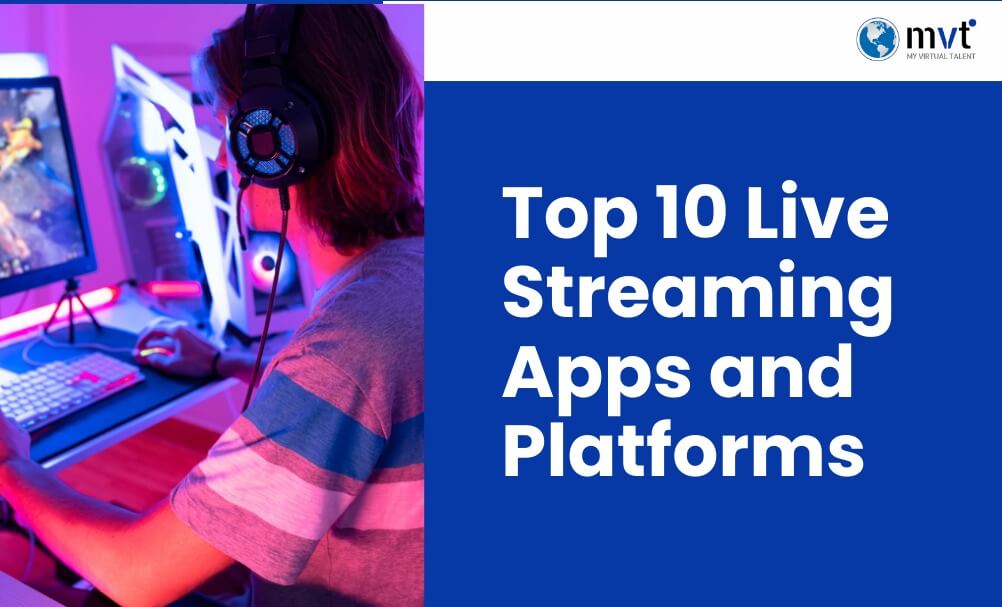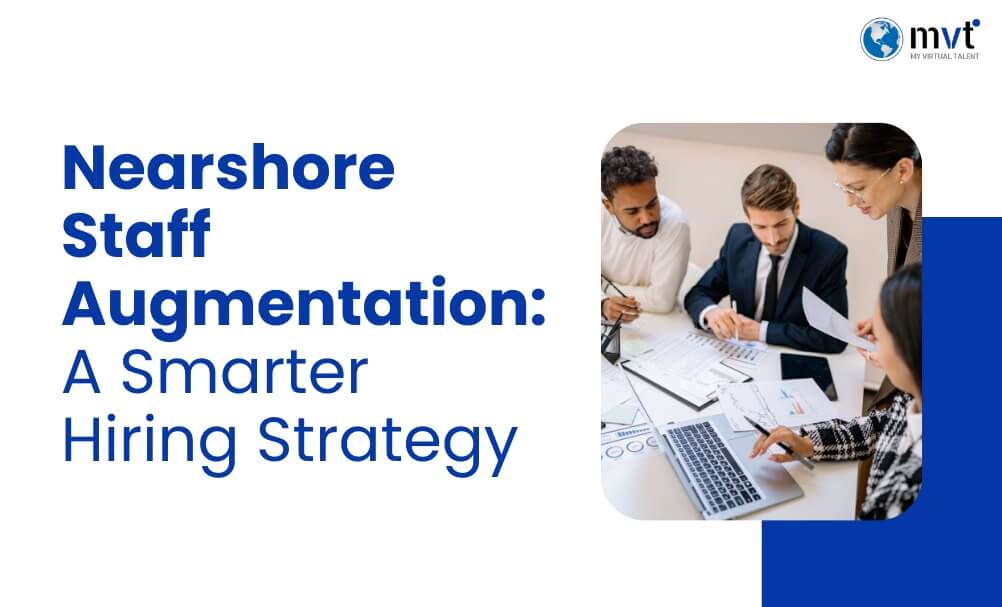
Hiring the right people is one of the most important decisions a company can make. But with so many options available today, choosing between contract recruitment and permanent hiring can feel confusing. Should you bring someone on board for the long term? Or do you need flexible help for a short-term project?
Each option has its own benefits. Contract recruitment lets you hire skilled professionals for a set period, perfect for temporary roles or urgent projects. On the other hand, permanent hiring is about building long-term relationships with employees who grow with your company over time.
In today’s fast-moving job market, businesses must think carefully about which hiring method best fits their goals, budgets, and timelines. Do you need speed and flexibility, or are you focused on stability and team building?
This blog will help break down the key differences between contract and permanent hiring. We’ll cover the pros, cons, and common use cases for each approach. Whether you’re a small business or a large company, this guide will help you make smart hiring choices that support your team’s success.
What Is Contract Recruitment?
Contract recruitment means hiring someone for a short period of time to do a specific job or project. These people are called “contract workers” or “contractors.” They usually work for a few weeks or months, depending on the task.
Unlike full-time employees, contractors are often paid hourly or by the project. They do not usually get company benefits like health insurance, paid vacations, or sick leave. Once the project is done, their job ends.
This type of hiring is very popular in industries like technology, healthcare, and marketing. For example, a tech company might need a software developer for 6 months to help launch a new app. Or a marketing agency may bring in a contract graphic designer to create ads for a short campaign.
Contract recruitment helps businesses get expert help without committing to long-term hiring. It’s great for projects that need special skills or for handling extra work during busy times. It also gives workers flexibility, allowing them to choose projects and gain experience across different companies.
What Is Permanent Hiring?
Permanent hiring means giving someone a full-time job with no set end date. These employees become a long-term part of the company and are often seen as the foundation of a strong and successful team.
Permanent employees usually work regular hours and receive a full package of benefits. This can include health insurance, paid vacation days, sick leave, and chances to grow their careers within the company. Because they stay with the company for a long time, they learn more about the business and help it grow over time.
Unlike contract workers who are hired for short-term jobs, permanent employees are more involved in the company’s culture, values, and big goals. They build strong relationships with their team, take on long-term projects, and often grow into leadership roles.
This type of hiring is ideal when a business needs stability, wants to invest in employee development, and values long-term commitment. Permanent hiring builds loyalty and trust, helping the company stay strong and prepared for the future.
The Advantages of Contract Recruitment
1. Flexibility
One of the biggest benefits of contract recruitment is flexibility. Companies can quickly adjust the size of their team based on the amount of work. For example, retail stores often need more help during the holidays, and tech companies may need extra support for short-term projects. Contract workers allow businesses to handle busy times without long-term hiring.
2. Cost-Effective for Short-Term Needs
Hiring a full-time employee means paying for benefits like health insurance, paid leave, and retirement plans. With contract workers, businesses pay only for the work done hourly, daily, or per project. This can save a lot of money, especially for jobs that only last a few weeks or months.
3. Access to Specialized Skills
Sometimes, companies need someone with a very specific skill like a website developer, a legal advisor, or a graphic designer. Contract recruitment allows businesses to bring in experts for special tasks without hiring them permanently.
4. Reduced Hiring Time
Hiring permanent employees can take weeks or even months. Contract recruitment is usually much quicker. Many contractors are available to start immediately, which helps businesses avoid delays and keep projects on track.
The Advantages of Permanent Hiring
1. Stability
Permanent hiring brings stability to a company. When employees stay for a long time, they learn the ins and outs of the business. They understand the systems, the goals, and the people they work with. This deep knowledge helps the company grow and succeed.
2. Company Loyalty
Permanent employees are more likely to feel loyal to the company. They become part of the company’s journey and want to see it succeed. When workers feel appreciated and secure in their jobs, they work harder and care more about the company’s future.
3. Training and Growth
When you hire people permanently, you can invest in their training and development. Teaching new skills and helping employees grow in their roles makes them feel motivated. It also helps the business, because skilled workers do better work and bring fresh ideas.
4. Better Teamwork
Permanent staff help create strong teams. They build relationships over time and learn how to work well together. This creates a positive work environment where people support each other. A happy, stable team means fewer disruptions and more success for the business.
The Challenges of Contract Recruitment vs Permanent Hiring
Contract Recruitment Challenges
Hiring contract workers has its downsides. Contractors may not stay with your business for long. Once their project ends, they leave, which means you might lose skilled people. Also, they may not feel as connected to your company. This can lead to culture clashes when they work with your full-time team.
Permanent Hiring Challenges
Hiring permanent employees also comes with challenges. It can be more expensive because you have to offer benefits like health insurance and vacation time. The hiring process also takes more time interviews, paperwork, and training all add up. Plus, a full-time team means you may be less flexible. If your business needs change quickly, it’s harder to adjust when you have a fixed staff.
When Should You Choose Contract Recruitment?
Contract recruitment is ideal for businesses needing specialized expertise for short-term projects. For instance, a company launching a new product might hire a contractor for a marketing push, allowing the in-house team to focus on ongoing campaigns.
Industries like IT, entertainment, and event management benefit greatly from contract recruitment due to their project-based nature.
When Should You Opt for Permanent Hiring?
Permanent hiring makes sense when your business requires stability and long-term strategic planning. For example, building a core team for business operations or planning organizational growth necessitates employees who are deeply invested in your company’s success.
Industries like finance, healthcare, and corporate strategy often rely on permanent employees to retain institutional knowledge and ensure continuity.
Tips for Making the Right Choice
1. Understand the Role
Think about what the role needs. Is it a short-term job that needs a special skill? Or is it a long-term position that’s important for your business’s future? This helps you choose the right type of hire.
2. Set a Clear Budget
Know how much you can spend. Hiring a full-time worker means paying benefits like insurance and paid time off. Contract workers may cost more per hour, but you save on long-term expenses.
3. Define the Urgency
Do you need someone to start right away? If the answer is yes, hiring a contractor could be faster. If you have more time, you can hire a permanent employee with care.
4. Mix and Match
You don’t have to choose just one. Many companies use a mix of full-time employees and contract workers. This gives both stability and flexibility.
5. Review Regularly
As your business grows, your needs will change. Check in regularly to see if your current team setup still works best.
Conclusion
Both contract recruitment and permanent hiring have their own advantages. The right choice depends on your business needs, goals, and budget. If you need quick help with a short-term project, contract hiring might be the best fit. If you’re building a long-term team, permanent employees can offer more stability and loyalty.
Take time to think about what your business needs most right now. Look at the pros and cons of each option, and decide what works best for you.
Need help deciding? Contact MyVirtualTalent for consultation. Whether you choose contractors, full-time staff, or a mix of both, having the right people on your team makes all the difference. You may get free consultation and experts will help you decide if you contact MVT.
Looking for fresh content?
Get articles and insights from our weekly newsletter.
Recent Posts
Reduce Your Marketing Spend By 70% And Grow Your Revenue Organically 10X Faster!
Get a Free Quote Today!










